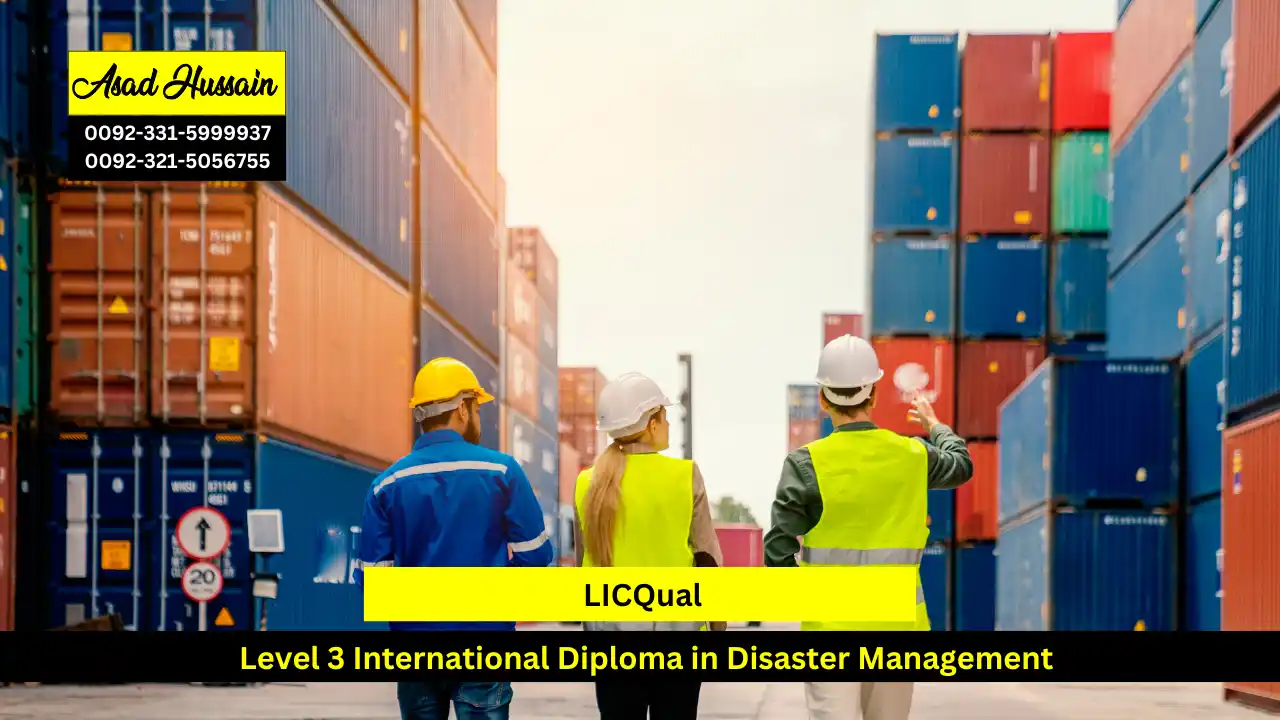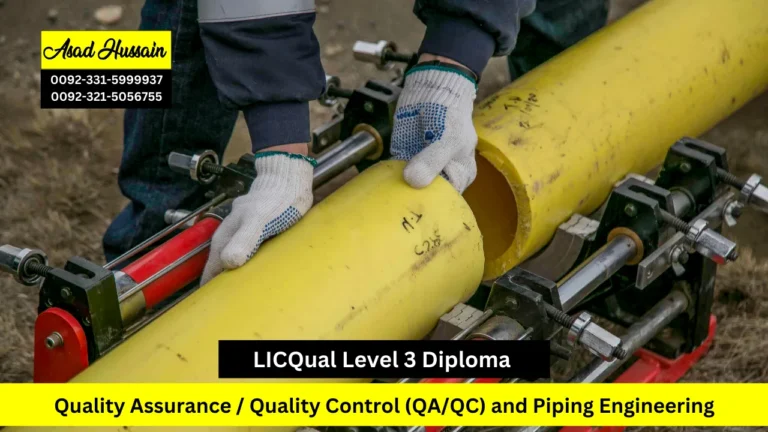Disaster management is a critical field that plays a pivotal role in safeguarding communities and mitigating the impact of natural and man-made calamities. As the frequency and intensity of disasters increase globally, the demand for skilled professionals in disaster management continues to rise. One of the prestigious qualifications in this field is the Level 3 International Diploma in Disaster Management.
The Level 3 International Diploma in Disaster Management is designed to equip individuals with the knowledge, skills, and competencies necessary to effectively respond to disasters, manage crises, and contribute to community resilience. This diploma is recognized internationally and serves as a benchmark for professionals looking to advance their careers in disaster management.
In conclusion, the Level 3 International Diploma in Disaster Management is a vital qualification for anyone looking to make a difference in disaster-prone areas globally. With its comprehensive curriculum and international recognition, this diploma prepares individuals to tackle the challenges posed by disasters effectively and contribute to building resilient communities worldwide. If you’re passionate about disaster management and humanitarian aid, pursuing this diploma could be a significant step towards a rewarding and impactful career.
Whether you’re already in the field or aspiring to join it, investing in your education with this diploma can open doors to opportunities where you can make a real difference when it matters most.
Program Highlights
Mandatory Units
- Unit 1. Disaster Management: A Helicopter View
- Unit 2. Disaster Mitigation
- Unit 3. Disaster Preparedness
- Unit 4. Disasters Response
- Unit 5. Disaster Recovery
- Unit 6. Information Technology in Disaster Management
Educational Background
Language Proficiency
Work Experience or Relevant Background
Computer Literacy
Personal Statement or Statement of Purpose
References or Letters of Recommendation
Interview (if applicable)
Disaster Management: A Helicopter View
- Understand the concept of disaster management and its evolution over time.
- Identify different types of disasters and their global impact.
- Explain the role of disaster management in safeguarding communities and minimizing loss.
- Discuss the key principles and frameworks guiding effective disaster management practices globally.
Disaster Mitigation
- Assess risks and vulnerabilities in various environments to identify potential disasters.
- Develop strategies for disaster risk reduction and mitigation measures.
- Implement proactive measures to minimize the impact of disasters on communities and infrastructure.
- Evaluate the effectiveness of mitigation efforts through case studies and practical exercises.
Disaster Preparedness
- Plan and prepare emergency response procedures for different types of disasters.
- Coordinate resources and stakeholders in preparedness activities.
- Conduct drills and simulations to ensure readiness and effectiveness of response plans.
- Apply communication strategies to disseminate preparedness information to the public and stakeholders.
Disaster Response
- Organize and lead immediate response efforts in the event of a disaster.
- Coordinate rescue and relief operations with local and international agencies.
- Manage logistics and supply chains for efficient distribution of aid and resources.
- Assess and prioritize needs to address immediate humanitarian concerns.
Disaster Recovery
- Facilitate long-term recovery and reconstruction efforts post-disaster.
- Develop sustainable recovery plans that consider economic, social, and environmental factors.
- Support affected communities in rebuilding infrastructure and restoring livelihoods.
- Evaluate the resilience of communities in recovering from disasters and adapting to future risks.
Information Technology in Disaster Management
- Utilize technology for disaster preparedness and response activities.
- Implement GIS (Geographic Information Systems) for mapping and analyzing disaster risks.
- Manage information systems for real-time data collection and analysis during emergencies.
- Integrate IT solutions to enhance communication and coordination among response teams and stakeholders.
These learning outcomes are designed to equip learners with the necessary knowledge and skills to effectively manage all stages of disaster management—from mitigation and preparedness to response, recovery, and the integration of information technology in the field.
The Level 3 International Diploma in Disaster Management is tailored for a diverse range of individuals dedicated to mitigating risks, responding effectively to crises, and fostering community resilience. This course is ideal for emergency responders such as firefighters, paramedics, and police officers who require advanced skills in disaster response and management. It also caters to government officials involved in disaster preparedness and policy-making, providing them with essential frameworks and strategies for effective governance during emergencies. For healthcare professionals and NGO workers in humanitarian aid, the diploma offers specialized training in crisis management, logistics, and public health responses. Additionally, aspiring professionals seeking to enter the field or individuals looking to enhance their career prospects in disaster management will find this course invaluable. It equips participants with practical skills, theoretical knowledge, and global recognition necessary to make impactful contributions in disaster-prone regions worldwide.







